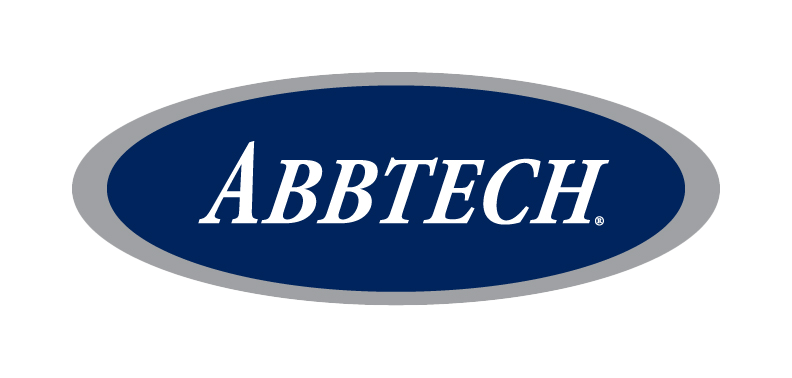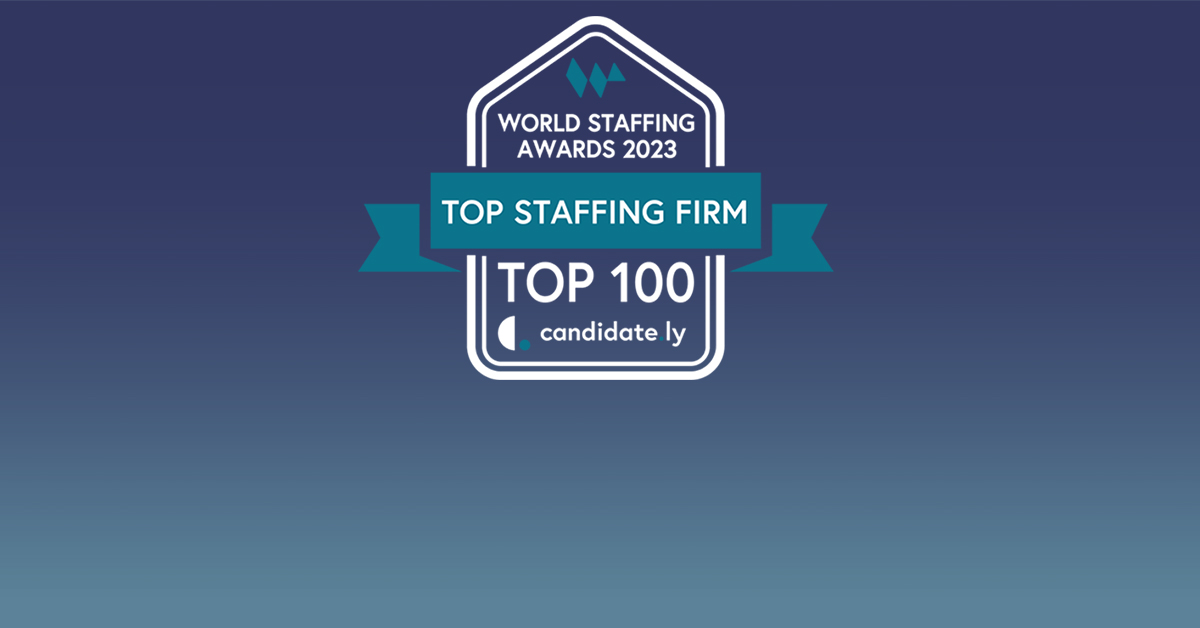It is crucial to take proactive steps to enhance job security. Here are three strategies to improve your job security.
Tag: Job Candidate
Navigating Challenging Conversations in the Workplace: How to Discipline Your Team
Disciplining employees is a delicate endeavor that requires finesse, empathy, and a clear strategy. As managers and leaders, it’s our responsibility to maintain a positive work environment while ensuring that performance issues are addressed promptly and effectively. In this blog, we’ll explore the best advice for reprimanding employees with the aim of fostering growth and maintaining workplace harmony.
Do “Career Matchmakers” Exist?
Many have found themselves wondering: wouldn’t it be amazing if there was a sort of “dating app” for careers? A matchmaker that could effortlessly pair you with the job of your dreams, much like finding a perfect partner. Well, hold onto your resumes, because the concept of a career matchmaker is not only intriguing but also increasingly becoming a reality. Let’s dive into the world of career matchmaking, and see how you can swipe right on your ideal job!
3 Interview Techniques for Evaluating Engineering Candidates
This blog will cover three effective interview techniques that can help you evaluate an engineering candidate’s technical skills, as well as their personality and soft skills.
Is the “Great Unretirement” Coming?
In this blog, we’ll look at some of the reasons for the Great Unretirement and how this return of workers could benefit your business.
5 Tips to Get Your Good Work Noticed on the Job
Getting noticed at work may seem difficult, but there are proactive ways to get yourself out there and get your accomplishments in the spotlight. This blog will break down five tips to get your good work noticed and get you closer to leveling up at work.
ABBTECH Named Among Top Staffing Companies
World Staffing Awards has named ABBTECH Professional Resources, Inc (ABBTECH) as one of the Top Staffing Companies to Work for in 2023. The award, presented by Candidate.Ly, recognizes superior achievement in performance and culture by top staffing companies. This year’s winners were honored during the World Staffing Summit, which took place on January 24, 2023.… Continue reading ABBTECH Named Among Top Staffing Companies
Improve Your Time Off with these 4 On-The-Job Hacks
Scheduled time off can lead us worry about the work that will be waiting when we return. Your PTO should be relaxing and restful. In this article we will discuss four tips and tricks to help you improve your time off make and your PTO more enjoyable.
Transforming an Under Performing Employee
If you feel like your team is suffering because of an underperforming employee, you have to consider why it’s happening and what you can do to manage it. Try these five steps to assess the situation and transform an underperforming employee:
How To Get Organized When You Need a New Job
Looking for a new job is exciting. It can also quickly become overwhelming if you haven’t adequately prepared. If you’re considering leaving your current job for something new, you need to know how to get organized as it can maximize your chance of success. In this blog, we’ll discuss some of our top tips to… Continue reading How To Get Organized When You Need a New Job
3 Tips to Help You Earn a Promotion This Year
If you’ve been working toward a promotion at work, you may wonder if you can improve your chances of getting it in 2023. Earning a promotion raises your position in a company, as well as increasing your salary, benefits, and sense of accomplishment. Below are 3 tips to help you earn a promotion this year.… Continue reading 3 Tips to Help You Earn a Promotion This Year
How to Stand Out as an Entry-level Developer
Finding entry-level employment in any industry can be difficult, especially in the tech industry. With hot software development positions rising, standing out among more experienced competition can be tough. Tips on how to stand out as an entry-level developer are below. So, how can you stand out as an entry-level developer with so much competition?… Continue reading How to Stand Out as an Entry-level Developer
Nail Down your Hiring Needs
Employees are leaving the workforce at an alarming rate, and the hiring struggle will likely continue. Now is the time to nail down your hiring needs. The sooner you create a solid hiring plan and implement it, the sooner you’ll fill those job openings. Anticipate Your Hiring Needs Calculate how many positions you need to… Continue reading Nail Down your Hiring Needs
Employee Appreciation Ideas for your Remote Team
Showing appreciation to your employees is easy when everyone is in-office. What if your team is remote? How can you show your employees how valued and appreciated they are when they are miles (or even countries) apart? Employee appreciation ideas for your remote team to follow. If you’re eager to show your remote team your… Continue reading Employee Appreciation Ideas for your Remote Team
Introducing V2JN™ ABBTECH®’s Veterans 2 Jobs Network™
Introducing V2JN! Every November in the United States, we honor and celebrate our veterans. We thank them for their service and offer them the acknowledgment they deserve. For many veterans, however, what they really need is a job and a chance to rebuild their lives on the home front. ABBTECH®, an award-winning, Women-Owned staffing firm… Continue reading Introducing V2JN™ ABBTECH®’s Veterans 2 Jobs Network™
Tips for Transitioning to your First Civilian Role
If you’ve recently left the military, transitioning to your first civilian role may be difficult. Below are some tips for transitioning to your first civilian role. Even if you’ve found a job, it may not be the right fit for you; many veterans leave their first civilian job within the first year. Thankfully, there are… Continue reading Tips for Transitioning to your First Civilian Role
5 Must Ask Questions to Consider Before Accepting a Job Offer
You’ve been searching for the right job for a while and finally received an offer. Congratulations! Before you accept that offer, though, there are some things to consider. Here are five questions you should consider asking before accepting a job offer.
Data Science vs. Data Analytics: What’s the difference?
Data Science vs. Data Analytics: What is the Difference? Data science and data analytics are reliable choices for long-term career potential. Technology and AI will continue to be a significant part of our personal and professional lives with each year. It is worth noting that data science and data analytics do have a great deal… Continue reading Data Science vs. Data Analytics: What’s the difference?
3 Signs You Are Underemployed
We all understand what it means to be “employed” or “unemployed” because you either have a job or you don’t. “Underemployment,” however, is more complex and far more common than you might think. The Center for Law and Social Policy estimates that 4 out of 10 part-time workers are currently underemployed, meaning you have a… Continue reading 3 Signs You Are Underemployed
5 Qualities that Make Good Developers GREAT
While many software development opportunities are available, the competition is fierce unless you stand out from the crowd. The best way to stand out from the crowd when going after a software development position is to be a great software developer. Here are 5 qualities that make good developers GREAT. If you want to be… Continue reading 5 Qualities that Make Good Developers GREAT




















